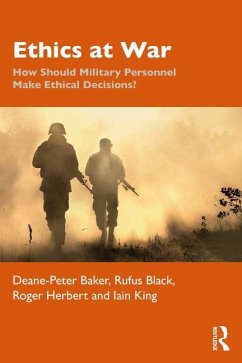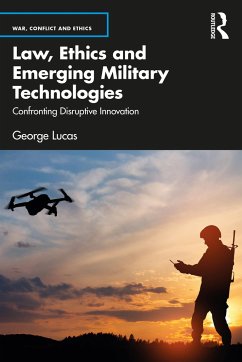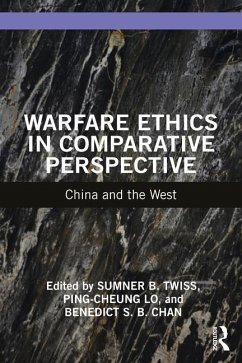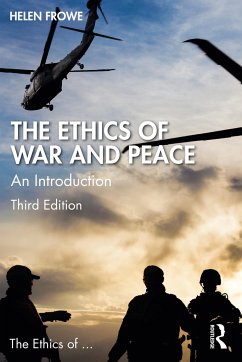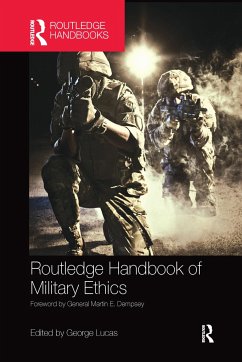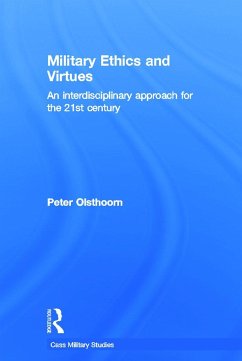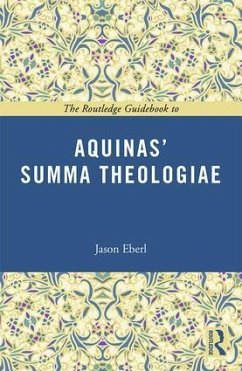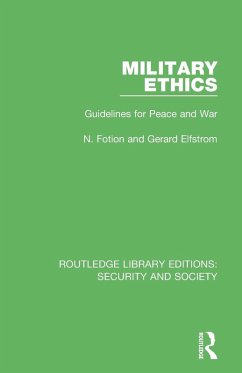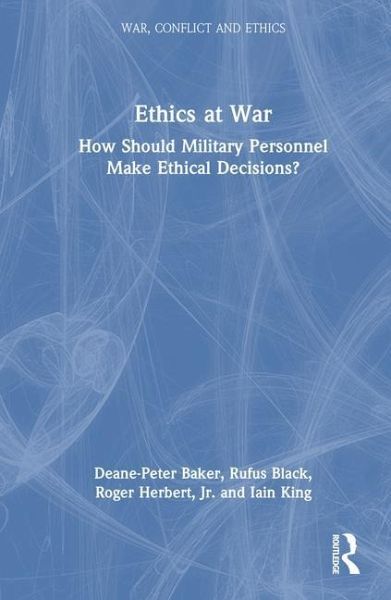
Ethics at War
How Should Military Personnel Make Ethical Decisions?
Versandkostenfrei!
Versandfertig in 6-10 Tagen
154,99 €
inkl. MwSt.
Weitere Ausgaben:

PAYBACK Punkte
77 °P sammeln!
This book debates competing approaches to ethical decision-making for members of the armed forces of liberal democratic states.In this volume, four prominent thinkers propose and debate competing approaches to ethical decision-making for military personnel. Deane-Peter Baker presents and expounds the 'Ethical Triangulation' model, an ethical decision-making method he has employed through much of his career as an applied military ethicist. Rufus Black advocates for a natural law-based approach, one which has heavily influenced the framework formally adopted by the Australian Defence Force. Roge...
This book debates competing approaches to ethical decision-making for members of the armed forces of liberal democratic states.
In this volume, four prominent thinkers propose and debate competing approaches to ethical decision-making for military personnel. Deane-Peter Baker presents and expounds the 'Ethical Triangulation' model, an ethical decision-making method he has employed through much of his career as an applied military ethicist. Rufus Black advocates for a natural law-based approach, one which has heavily influenced the framework formally adopted by the Australian Defence Force. Roger Herbert outlines the 'Moral Deliberation Roadmap', the moral reasoning framework recently adopted by the US Naval Academy. Iain King then sets out a model of quasi-utilitarian decision-making developed in several post-conflict settings and refined at the UK's Royal College of Defence Studies. After the opening chapters in which each author outlines their favoured decision-making approach, the four contributors then evaluate each other's proposals, often critically. Philosopher David Whetham offers some concluding thoughts in which he summarizes areas of agreement between the authors, identifies key areas of difference, and suggests directions for future research.
This book will be of great interest to students of military ethics, the ethics of war, moral philosophy, and International Relations, as well as military professionals.
In this volume, four prominent thinkers propose and debate competing approaches to ethical decision-making for military personnel. Deane-Peter Baker presents and expounds the 'Ethical Triangulation' model, an ethical decision-making method he has employed through much of his career as an applied military ethicist. Rufus Black advocates for a natural law-based approach, one which has heavily influenced the framework formally adopted by the Australian Defence Force. Roger Herbert outlines the 'Moral Deliberation Roadmap', the moral reasoning framework recently adopted by the US Naval Academy. Iain King then sets out a model of quasi-utilitarian decision-making developed in several post-conflict settings and refined at the UK's Royal College of Defence Studies. After the opening chapters in which each author outlines their favoured decision-making approach, the four contributors then evaluate each other's proposals, often critically. Philosopher David Whetham offers some concluding thoughts in which he summarizes areas of agreement between the authors, identifies key areas of difference, and suggests directions for future research.
This book will be of great interest to students of military ethics, the ethics of war, moral philosophy, and International Relations, as well as military professionals.





